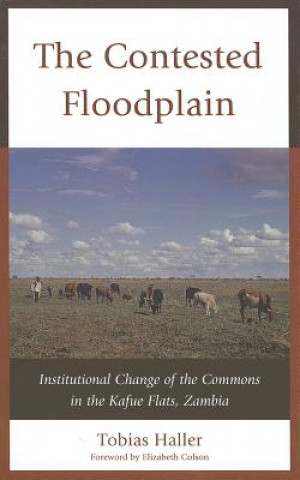
Code: 04669380
Contested Floodplain
by Tobias Haller
The Contested Floodplain tells the story of institutional changes in the management of common pool resources (pasture, wildlife, and fisheries) among Ila and Balundwe agro-pastoralists and Batwa fishermen in the Kafue Flats, in so ... more
- Language:
 English
English - Binding: Hardback
- Number of pages: 576
Publisher: Lexington Books, 2012
- More about this

You might also like
-
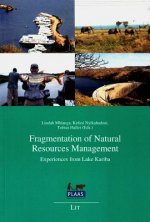
Fragmentation of Natural Resources Management
31.18 € -5 % -

When Blood and Bones Cry Out
62.68 € -

Jane Foster: The Saga Of The Mighty Thor
43.59 € -6 % -

Shigley's Mechanical Engineering Design, 11th Edition, Si Units
76.01 € -1 % -

Queen of the Moon Oracle
20.30 € -23 % -

Sleigh Rides and Silver Bells at the Christmas Fair
11.38 € -13 % -

The Bucket List
28.10 € -22 % -
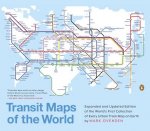
Transit Maps of the World
28.82 € -22 % -

Conrad & Eleanor
18.66 € -

Getting Things Done
16.82 € -15 % -

Churches and Castles of Medi Val France .
29.74 € -4 % -

Israel's Tabernacle as Social Space
37.54 € -

Reading Puzzle: Phonics, Grades K-3
25.95 € -

Super Structures
45.95 € -

Thorfinn the Mighty
24.61 € -4 % -
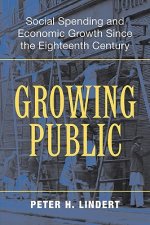
Growing Public: Volume 1, The Story
78.78 € -

Eat Beautiful
26.56 € -23 % -
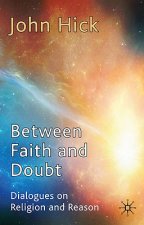
Between Faith and Doubt
70.99 € -

Lord Byron
11.38 € -13 % -
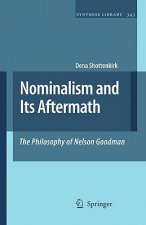
Nominalism and Its Aftermath: The Philosophy of Nelson Goodman
139.83 € -
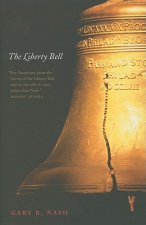
Liberty Bell
48.62 € -
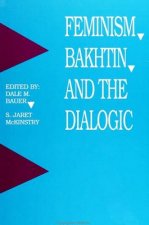
Feminism, Bakhtin and the Dialogic
131.11 € -

Time Stories - The Marcy Case (Spiel-Zubehör)
22.15 € -

Forensische Psychiatrie in Brandenburg
27.59 € -

UEbersiedlung alter, pflegebedurftiger Menschen in das Pflegeheim. Angehoerige integrieren, foerdern und fordern
48.11 € -

PONS Bildwörterbuch Englisch
13.53 € -
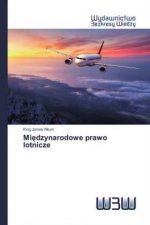
Międzynarodowe prawo lotnicze
89.66 € -

Dna żywienia dlaczego twoje geny kochają tradycyjne pożywienie cztery fundamenty naturalnego jadłospisu
17.74 € -10 %
Give this book as a present today
- Order book and choose Gift Order.
- We will send you book gift voucher at once. You can give it out to anyone.
- Book will be send to donee, nothing more to care about.
More about Contested Floodplain
You get 628 loyalty points
 Book synopsis
Book synopsis
The Contested Floodplain tells the story of institutional changes in the management of common pool resources (pasture, wildlife, and fisheries) among Ila and Balundwe agro-pastoralists and Batwa fishermen in the Kafue Flats, in southern Zambia. It explains how and why a once rich floodplain area, managed under local common property regimes, becomes a poor man's place and a degraded resource area. Based on social anthropological field research, the book explains how well working institutions in the past, regulating communal access to resources, have turned into state property and open access or privatization. As a basis for analysis, the author uses Elinor Ostrom's design principles for well working institutions and the approach of the New Institutionalism by Jean Ensminger. The latter approach focuses on external factors and change in relative prices. It explains how local actors face changing bargaining power and use different ideologies to legitimize and shape resource use regulations. The study focuses on the historic developments taking place since pre-colonial and colonial times up to today. Haller shows how the commons had been well regulated by local institutions in the past, often embedded in religious belief systems. He then explains the transformation from common property to state property since colonial times. When the state is unable to provide well functioning institutions due to a lack in financial income, it contributes to de facto open access and degradation of the commons. The Zambian copper-based economy has faced crisis since 1975, and many Zambians have to look for economic alternatives and find ways to profit from the lack of state control (a paradox of the present-absent state). And while the state is absent, external actors use the ideology of citizenship to justify free use of resources during conflicts with local people. Also within Zambian communities, floodplain resources are highly contested, which is illustrated through conflicts over a proposed irrigation scheme in the area. The different actors and interest groups use ideologies such as citizenship vs. being indigenous, ethnic identity vs. class conflict, and modernity vs traditional way of life to legitimize land claims.
 Book details
Book details
Book category Books in English Earth sciences, geography, environment, planning Geography Physical geography & topography
254.42 €
- Full title: Contested Floodplain
- Subtitle: Institutional Change of the Commons in the Kafue Flats, Zambia
- Author: Tobias Haller
- Language:
 English
English - Binding: Hardback
- Number of pages: 576
- EAN: 9780739169568
- ISBN: 0739169564
- ID: 04669380
- Publisher: Lexington Books
- Weight: 938 g
- Dimensions: 160 × 237 × 40 mm
- Date of publishing: 27. December 2012
Trending among others
-

Rainforest
40 € -5 % -

Global Environments through the Quaternary
82.78 € -

Antarctica
63.80 € -14 % -

Berge
117.46 € -

Life of Jose Maria Sobral
32.41 € -

Forests: A Very Short Introduction
11.69 € -19 % -
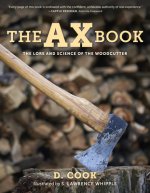
Ax Book
22.46 € -13 % -

Forests of Central Africa
91.81 € -

Introducing Physical Geography, Sixth Edition
237.70 € -
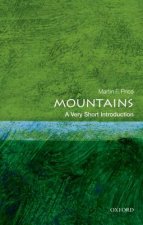
Mountains: A Very Short Introduction
11.69 € -19 % -

Notebooks from New Guinea
16.30 € -13 % -
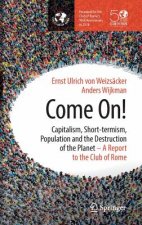
Come On!
37.64 € -3 % -

Unseen Extremes
52.72 € -7 % -

Introduction to Physical Geography and the Environment, An
91.09 € -

Physical Geography
100.33 € -

Rainforest
49.34 € -13 % -
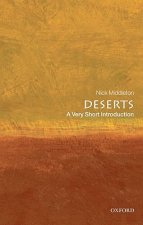
Deserts: A Very Short Introduction
13.84 € -4 % -
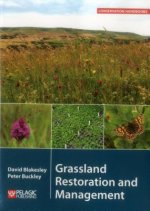
Grassland Restoration and Management
57.14 € -
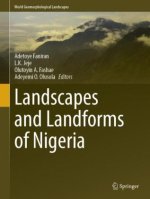
Landscapes and Landforms of Nigeria
256.37 € -

Great Trees of Britain and Ireland
27.49 € -23 % -

Physical Geography: The Key Concepts
39.80 € -

Wild Light
30.36 € -15 % -
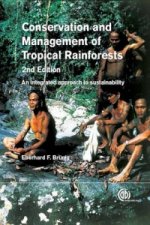
Conservation and Management of Tropical Rainforests
264.89 € -
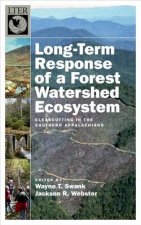
Long-Term Response of a Forest Watershed Ecosystem
118.28 € -
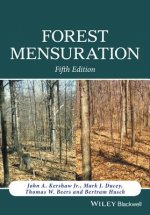
Forest Mensuration 5e
169.48 € -

Higher Calling
12.61 € -13 % -

Thoreau's Animals
36.31 € -9 % -

Ecology of Riparian Forests in Japan
215.03 € -

Global Casino
210 € -

Forest Hydrology
171.22 € -

Alps, An Environmental History
24.92 € -6 % -

Ecosystems Biodiversity
130.39 € -
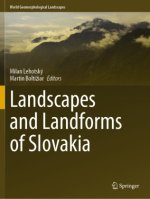
Landscapes and Landforms of Slovakia
194.51 € -
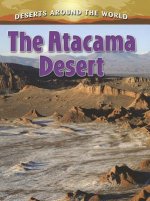
Atacama Desert
12.40 € -

Mountain Meteorology
282.74 € -
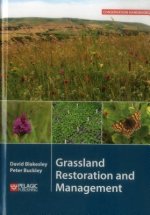
Grassland Restoration and Management
107.30 € -

Soils of Poland
114.08 € -
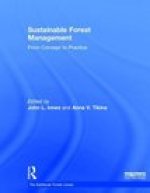
Sustainable Forest Management
272.07 € -

Wild Sea
37.54 € -

Forest Ecology
168.04 € -
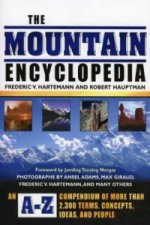
Mountain Encyclopedia
158.50 € -

Reef in Time
37.44 € -

Desert Solitaire
39.59 € -3 % -
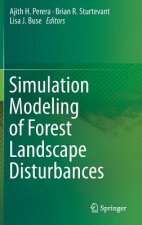
Simulation Modeling of Forest Landscape Disturbances
139.83 € -
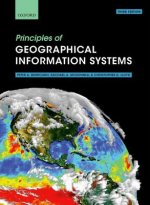
Principles of Geographical Information Systems
143.31 € -
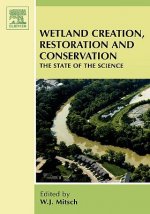
Wetland Creation, Restoration, and Conservation
147.42 € -
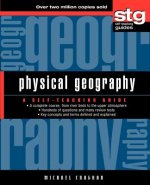
Physical Geography - A Self-Teaching Guide
22.46 € -3 % -

Nature of the Rainforest
34.77 € -4 % -
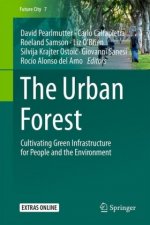
Urban Forest
182.40 €
Collection points Bratislava a 2642 dalších
Copyright ©2008-24 najlacnejsie-knihy.sk All rights reservedPrivacyCookies



 15549 collection points
15549 collection points Delivery 2.99 €
Delivery 2.99 € 02/210 210 99 (8-15.30h)
02/210 210 99 (8-15.30h)